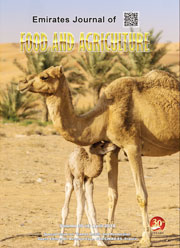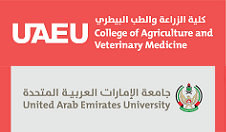Hypocholesterolemic effect of camel milk on rats fed a high-cholesterol diet
DOI:
https://doi.org/10.9755/ejfa.2018.v30.i4.1664Abstract
The effects of fermented skim milk versus unfermented skim milk of camel on the levels of cholesterol in blood were investigated in rats. Levels of serum cholesterol and LDL-C/ HDL-C ratio were decreased significantly in Wistar rats that fed with a cholesterol-enriched diet and administered fermented skim camel milk compared with rats administered unfermented milk (P˂0.05). Furthermore, histopathological evaluation showed that liver tissue degeneration, apoptosis/necrosis, inflammation, and fatty changes (steatosis and fibrosis) decreased significantly at (P˂0.05) in the rats that fed with fermented skim camel milk compared to the rats which fed unfermented skim camel milk. Based on these results it can suggest that fermented skim camel milk might reduce the risk of hypercholesterolemia development in rats. The hypocholesterolemic and hepatoprotective effects of fermented skim camel milk were evident.










 .
. 